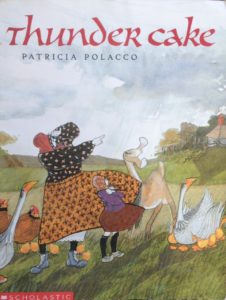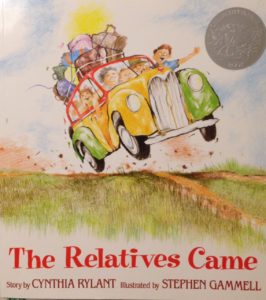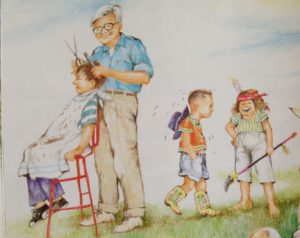I was asked to speak at a meeting of about 120 church members in January. It’s not something I’ve been asked to do before and not something I am particularly comfortable doing. I wasn’t sure that anything I had to say would be relevant, but I said I would and so I did. I’m saving my words here because they reflect a little on my life and this is my family history blog (well, sometimes it is family history; sometimes it absolutely is not). I was asked to say something about how ministries of the church had had an impact on my life – or something like that…
I have been a member of FUMC for more than 30 years. During that time, my life has taken a few unexpected turns and at least a few of those surprises were the result of the ministries of this church.
About 12 ? years ago, I got a call from Cathy B., who leads the ESL program, asking me to please consider helping her. She knew several teachers would be absent from the next English as a Second Language class and was afraid she would be the only teacher. ESL was not on my radar and I don’t think Cathy and I had ever had a conversation about ESL. But I told her I’d come and at least be a warm body. The students kindly helped me and I had a great morning. Cathy asked if I wanted to come back and I did and I still do.
When Cathy explained the ESL program to me, she told me that yes, we teach English, but teaching English is not the most important thing we do. The most important thing we do is to provide a place of welcome – a place where our students can find friendship.
Teaching ESL has given me many gifts:
– The first to come to mind is the gift of Joy. There are no bad days.
– My nest was emptying at the time of Cathy’s call – teaching ESL gave me a new direction and sense of purpose.
– The world has become a much smaller place to me; but my circle has grown ever larger. I view the news and world events with different eyes and ears because of the people I have come to know.
– I was sick a few years ago and I wasn’t able to teach for about a year and a half. My students prayed for me; sent me emails and cards and gifts and carried me in love. What a gift! And when I returned, they were so protective of me!
– When I was sick I had a lot of time to talk to God and I would tell God how much I wanted to get back to my students. Cancer really messed with my brain and there were a lot of things I just couldn’t do – or do well: follow directions, make plans, organize ideas… Thank goodness Cathy B. prepares all the lessons and I just have to show up and teach. When I was well enough to teach – I could! It was my little miracle that this part of my brain still worked. The gifts of joy and purpose returned to me and helped me continue to heal.
I have also seen how the ESL program has had an impact on students – not just things like improving their English, or making friends, but changes of heart. It is not that uncommon to have students in a class who are from countries that share a bad history.
There was the student who told Cathy, “I have never liked people from X. In my country, we do not like people from X. But I came here and I met a friend. She is from X. Now I know that I do like people from X.”
Another student told me, “In my country, they tell us that Americans don’t like us. Christians don’t like us. But I come here and I know that is not true.”
You may not know that many of our students are temporary residents here and return to their home countries. I believe that the welcome our students experience here leaves a mark on them that they carry with them wherever they go when they leave us. We don’t know how God may be at work in and through them.
And I have to tell you that I believe our ministry of welcome is more important now than ever before.
I also want to mention the Mercy and Justice book discussions that I have participated in over the past couple of years. Cathy S. has chosen well when selecting books and has created a safe space to learn about and discuss sometimes difficult or uncomfortable topics. I have been challenged to examine my opinions and biases and how I fit into systems of justice and injustice. At some point, the challenge is to do more than read and discuss, and more than once this year, I found myself putting on my walking shoes and sunscreen and heading over to the Capitol to let my feet do the talking – not something I expected to be doing at this time in my life and something I clearly would not have done without my reading/talking/walking companions.
On January 29, 2015, our ESL class had just let out and we were cleaning up and saying our goodbyes when a large group began to trickle in from a rally on the steps of the Capitol. This is common during legislative sessions. It was apparent that this was a large group of Muslim Texans and, as we do, we greeted them and pointed them up the stairs to this room for their lunch and meeting. I didn’t know until after I left the building that this group had just been subjected to a threatening and hostile encounter during their rally. School children had been heckled while singing patriotic songs; a woman had rushed the stage and grabbed the microphone from a speaker; hateful words had been hurled at them. I was so glad that we were in the building to give them a warm greeting.
On January 31, 2017, I joined members of FUMC, other people of faith, and other concerned citizens on the south steps of the Capitol where we linked arms to form a circle of protection around our Muslim neighbors as they held their Muslim Capitol Day rally.
I can assure you, I did not see that coming.




